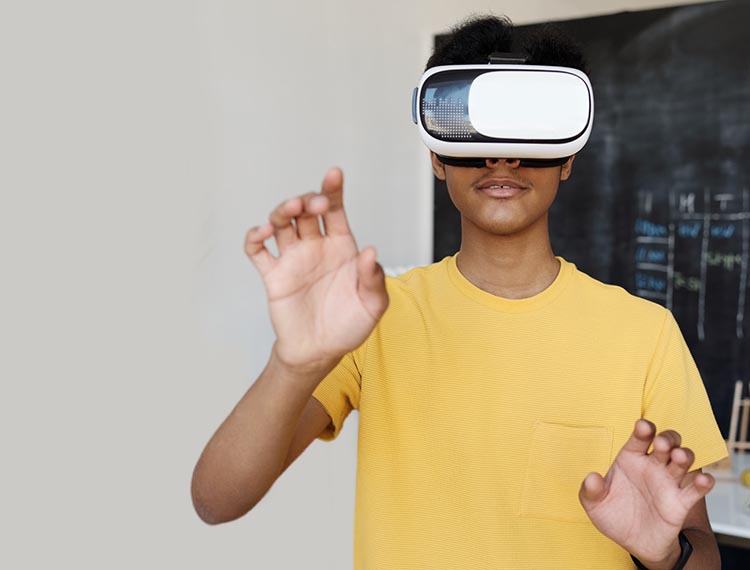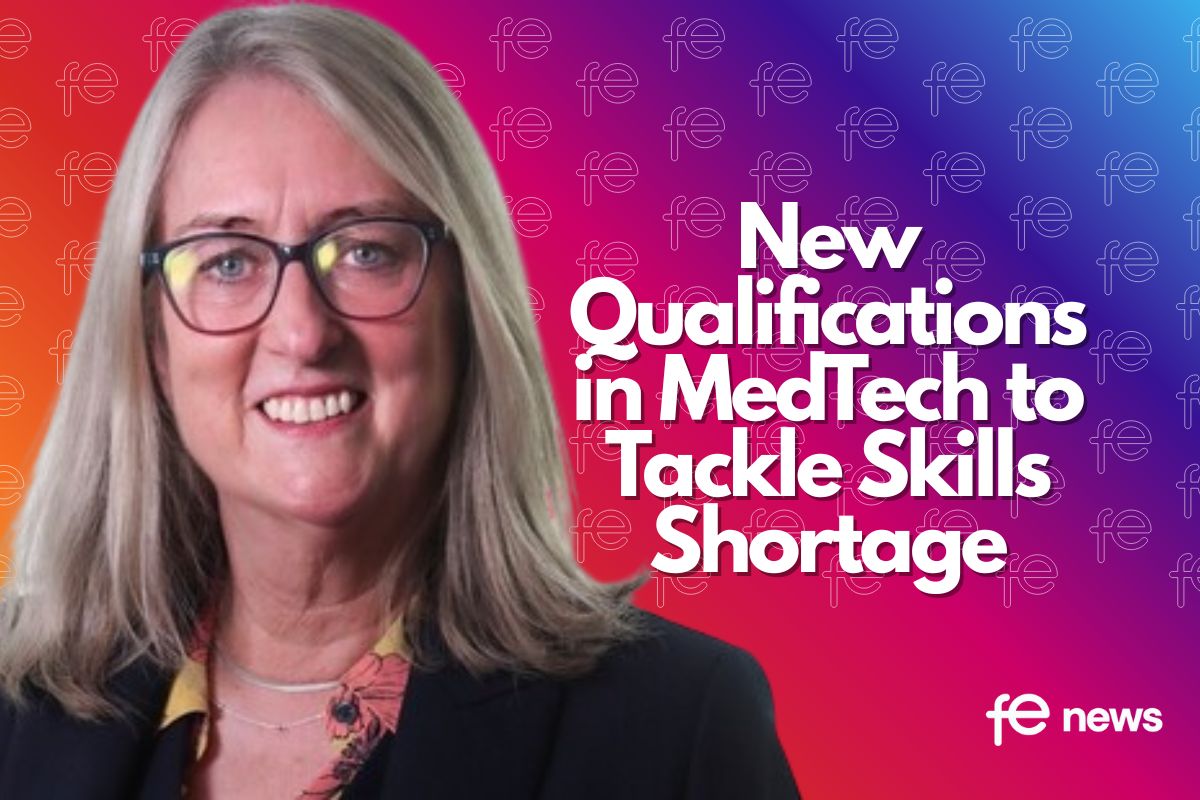UK & US Teachers & parents see VR as having a major role in the classroom of the future

Research findings of 1,000 parents and 600 primary and elementary school teachers from UK & US
- At least 70% of parents had the essential equipment for remote learning (e.g. devices) such as laptop(s), tablet(s), mobile phone(s) etc. in both regions. However, infrastructure (wifi) accessibility was the main issue with only 61% (UK) and 56% (US) households having access to online resources and virtual classes.
- In the UK / US over half of parents surveyed were involved in their children’s education pre-pandemic and want to continue to be involved post pandemic. The proportion of those additional parents interested in being more involved was over 28% in the UK and 38% extra in the US, taking the UK amount to 86% and the US to 93%.
- 77% (UK) and 81% (US) parents saw games as having a positive impact on learning, compared with teachers who were slightly less at 74% (UK) and 72% (US)
- In the next 5 years, 55% (UK) and 60% (US) of parents see VR and social gaming as the tech that is going to be shaping learning in the future.
- Teachers view tech as having a critical role within education. However top priorities to make tech within education a success were access to digital tools and upskilling teachers.
- The top two challenges in both the UK and US cited by teachers were meeting the individual needs of each child and being overwhelmed by the situation over the past 18 month. They also found engagement with children and protection and safety of children, as the next two challenges.
- Parents in the UK specifically cited problem solving (78%), creativity (76%) and mental stimulation (58%) as priorities for their children’s learning post-pandemic. The results from the US were similar with problem solving and creativity coming out on top at 77% and literacy at 59%.
Mark Horneff, CEO at Kuato Studios, said:
“Technology was adopted pretty much overnight to facilitate homeschooling and minimise disruption during the pandemic. However, it’s important to recognise that this was a temporary solution born out of necessity, not a natural evolution. In many cases, certain platforms only made their debut during the pandemic. But as we look into 2022, we must harness the lessons from the past 18 months and the benefits of edtech, particularly as 61% of UK and 47% of US teachers acknowledged technology as a critical learning tool.
“Teachers have had multiple challenges to overcome. Teachers in both the UK and US cited the ability to meet the individual needs of each child and being overwhelmed by the situation as the top two challenges from the pandemic. UK and US teachers also found engagement with children within the top four pressing challenges, alongside the protection and safety of children.
“What’s interesting is that more parents saw gaming specifically as having a positive impact on their children’s education compared to teachers, particularly when it came to creativity, problem solving and engagement rates. This is most likely due to a combination of factors including a gap in technical skills, access to tools and not having the curriculum properly adapted to a digital environment – inside and outside the classroom. We need to address this disconnect head on. Games that embed learning through play and reflect the curriculum, lift the weight off teachers and make it easier for them to mimic the environments children are already familiar with in their personal time. Edtech use is only going to increase and so over the course of 2022, we expect training opportunities for teachers to improve so they can familiarise themselves with new and innovative technologies that help children learn better, faster and more effectively both inside and outside of the classroom.”











Responses